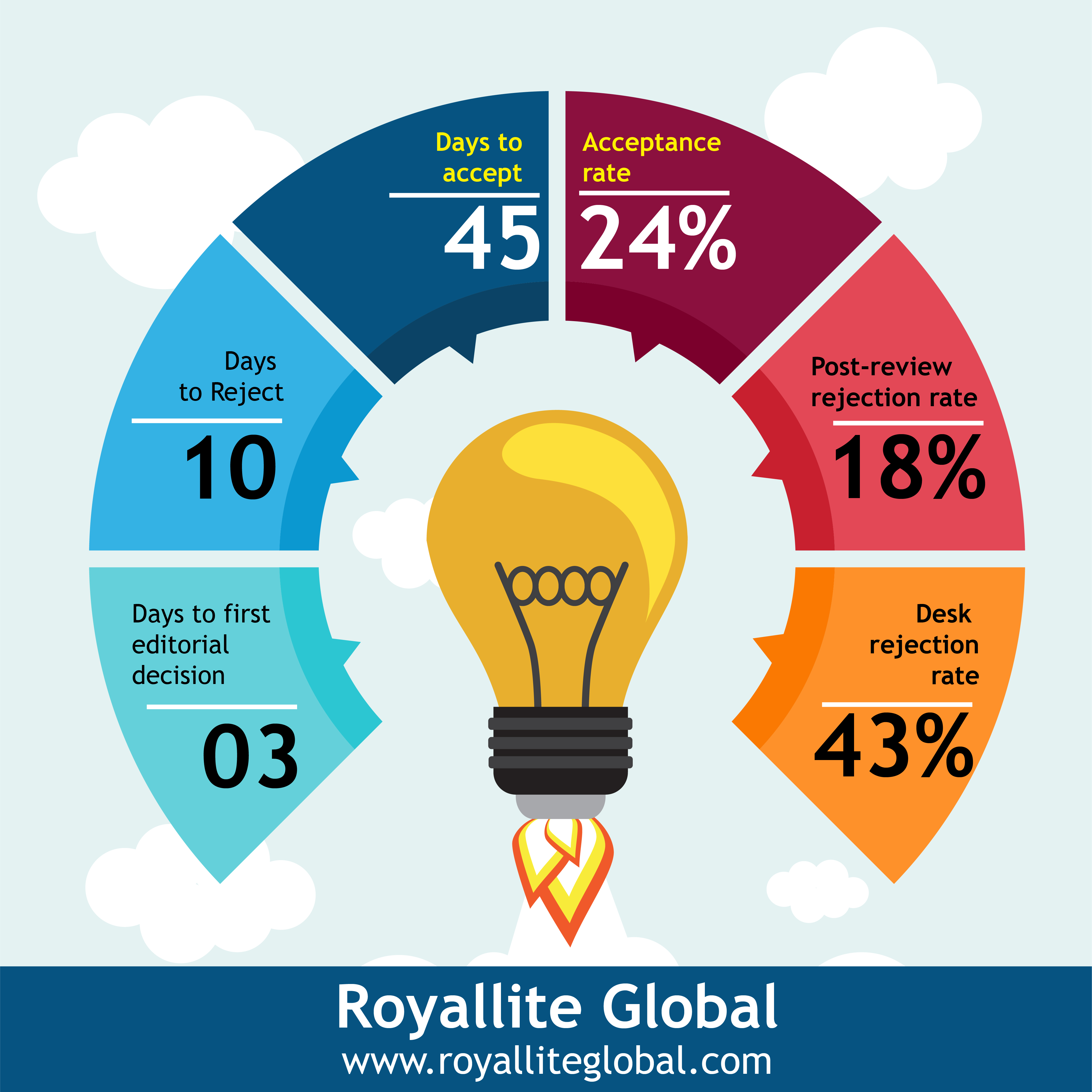Pragmatics analysis of appellations of chieftaincies and monarchies in selected Akan’s towns in Ghana
Keywords:
Akans, appellations, chiefs, knowledge, pragmatics, research workAbstract
The investigation analyzed the pragmatics issues of some appellations of chief and queen mothers in Akan perspective. The analysis took into consideration fifty (50) respondents as the population sample with an imbalance gender distribution of fifteen (15) women. The purposive sampling technique was employed to elicit essential information for the investigation. Unstructured interviews, observation, and recording were the data collection instrument. The pragmatic processes identified were loyalty, braveness, warrior, conqueror, mighty, kindness, justices and protector. This investigation had Speech Act theory propounded by Austin in the year 1962 as its bases. It was finally realized that the effects of pragmatics on appellation of chief and queen mothers in Akan communities were very essential and cannot be underestimated so far as culture remain the integral part of Akans daily lives.
References
Allott, N. (2005). Paul Grice, reasoning and pragmatics. UCL Working Papers in Linguistics. 17.
Agyekum, K. (2006). The Sociolinguistic of Akan Personal Names. Nordic Journal of African Studies, 15, 206-235.
Anyidoho, A. (1991). Linguistic parallels in traditional Akan Appellation Poetry. Research in African literatures, 22(1),67-81
Austin, J. L. (1962). How To Do Things With Words. Oxford: OUP.
Boadi, L. A. (1989). Praise poetry in Akan. Indiana: Indiana University Press.
Chuks-Orji O. (1972). Names from Africa. Their Origin, Meaning and Pronunciation. Chicago: Johnson Publishing Company, Inc.
Collins (2002). Thesaurus of the English Language. Complete and Unabridged 2nd Edition. London: Harper Collins Publishers.
Dakubu, K. M. E. (1998). The Languages of Ghana. London: Kegan Paul International Limited.
DeMunch, V.C., & Sobo, Elisa J. (Eds) (1998). Using methods in the field: a practical introduction and casebook. Waltnut Creek: AltaMira press.
Dolphyne, E. A. (1998). The Akan (Twi-Fante) Language: Its Sound Systems and Tonal structures. Accra: Woeli Publishing Services.
Finnegan, R. (1970). Oral Literature in Africa. New York: Oxford University Press.
Foley, A.W. (1997). Anthropological Linguistics. An Introduction. Malden: Blackwell Publishing.
Frege G. (1948). ‘On Sense and nomination.’ In: Reading in Philosophical analysis, Herbet Feigh and Wilfred Sellars(eds.), pp. 89-102. New York: Appleton-Century-Craft
Grice, A. (1987). Perspectives on Pragmatics and Philosophy. Alessandro Cpone; Franco Lo Piparo Marco Carapessa.
Halliday, M. A. K. (1985) An introduction to functional grammar. 3rd Edition, Oxford University Press Inc. New York.
Horn (1984). Toward a Taxanomy for Pragmatics Inference. Retrieved from www.researchgate.net
Kemmerling, A. (2002). Speech Act, Minds, and Social Reality: Discussions with Searle J. R. Expressing an International State. Studies in Linguistics and Philosophy, 79, 83.
Owu-Ewie, C. (2017). Introduction to Traditional and Action research (2nd Edn.). Ghana: Dataedge Multimedia.
Sakyi – Baidoo, Y. (2002). Semantics An Introduction. Kumasi; Willas Press Ltd.
Schauer, G. (2009). Interlanguage Pragmatics Development. The Study Aborad Context. London: Continuum
Searle, J. R. (1969). Speech Acts. Cambridge: Mass University Press.
Searle, J. R. (1979). Speech Acts Theory: The State of Act 1. Cambridge: Mass University Press.
Uli, S. & Petra, B. S. (2015). Pragmantic; Theory and Experiment Growing Togther. Linguistische Berichte, 245, 3-24.
Vanderveken, D., & Kubo, S. (2002). Introduction. Essay in Speect Act Theory, John Benjamins 2001 pp. 1-21.
Yule, G. (1969). Pragmatics (Oxford Introductions to Language Study) 4th edn. Oxford: Oxford University Press.
Downloads
Published
Issue
Section
License
Copyright (c) 2022 Adu David Tuffour

This work is licensed under a Creative Commons Attribution-NonCommercial-ShareAlike 4.0 International License.
This open-access article is distributed under a Creative Commons Attribution (CC-BY) 4.0 license.
You are free to: Share — copy and redistribute the material in any medium or format. Adapt — remix, transform, and build upon the material for any purpose, even commercially. The licensor cannot revoke these freedoms as long as you follow the license terms.
Under the following terms: Attribution — You must give appropriate credit, provide a link to the license, and indicate if changes were made. You may do so in any reasonable manner, but not in any way that suggests the licensor endorses you or your use.
No additional restrictions You may not apply legal terms or technological measures that legally restrict others from doing anything the license permits.






